A cable is not just a cable when it comes to 220 volts. It is the lifeline of your electrical systems, the unseen hero that carries the power to every nook and cranny of your home or workplace. When it comes to choosing the right cable for your 220V power needs, you need to make sure you select a cable that is not only safe and reliable but also capable of handling the demands of your electrical system. One of the most important factors to consider when choosing a cable for 220V applications is the voltage rating.
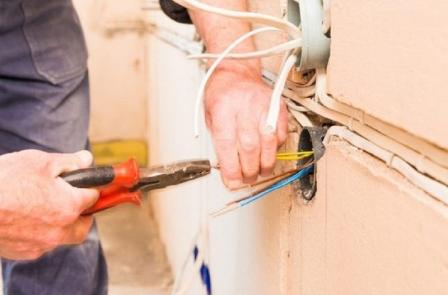
.
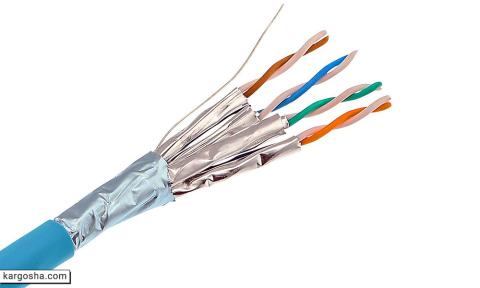 In order to safely and effectively carry 220 volts of electricity, the cable must be rated for at least this voltage. Using a cable with a lower voltage rating can lead to overheating, insulation breakdown, and electrical fires, putting your safety at risk. It is always better to choose a cable with a higher voltage rating than what is actually required to ensure maximum safety and reliability. In addition to the voltage rating, it is also crucial to consider the current-carrying capacity of the cable. The current-carrying capacity, also known as the ampacity, of a cable is the maximum current that it can safely carry without overheating. When selecting a cable for 220V applications, make sure to choose one that has a sufficient ampacity to handle the current demands of your electrical system. Using a cable with a lower ampacity can lead to overheating, voltage drops, and potential damage to your electrical appliances and devices.
In order to safely and effectively carry 220 volts of electricity, the cable must be rated for at least this voltage. Using a cable with a lower voltage rating can lead to overheating, insulation breakdown, and electrical fires, putting your safety at risk. It is always better to choose a cable with a higher voltage rating than what is actually required to ensure maximum safety and reliability. In addition to the voltage rating, it is also crucial to consider the current-carrying capacity of the cable. The current-carrying capacity, also known as the ampacity, of a cable is the maximum current that it can safely carry without overheating. When selecting a cable for 220V applications, make sure to choose one that has a sufficient ampacity to handle the current demands of your electrical system. Using a cable with a lower ampacity can lead to overheating, voltage drops, and potential damage to your electrical appliances and devices.
..
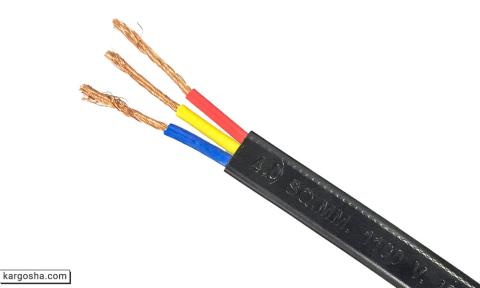 Another important aspect to consider when choosing a cable for 220V applications is the type of insulation used. The insulation of the cable plays a critical role in protecting the conductors from moisture, heat, and other environmental factors that can lead to electrical failures. Make sure to choose a cable with high-quality insulation that is rated for the specific application and environment in which it will be installed. This will help ensure the longevity and reliability of your electrical system. When it comes to installation, always make sure to follow the manufacturer’s guidelines and local electrical codes. Improper installation of cables can lead to serious safety hazards, including electrical shocks, fires, and even fatalities. If you are not confident in your ability to install the cable correctly, it is always best to hire a professional electrician to do the job for you. In conclusion, choosing the right cable for your 220V power needs is crucial to the safety and reliability of your electrical system. By considering factors such as voltage rating, current-carrying capacity, insulation, and proper installation, you can ensure that your electrical system operates smoothly and safely. Remember, a cable is not just a cable when it comes to 220 volts – it is the backbone of your electrical infrastructure, so choose wisely and invest in quality to protect yourself and your loved ones from potential electrical hazards. The importance of selecting the right cable for 220V applications cannot be emphasized enough. Whether you are setting up a new electrical system, renovating an existing one, or simply replacing old cables, making informed decisions about the type of cable you choose can make a significant difference in the performance and safety of your electrical infrastructure. In addition to considering the voltage rating, current-carrying capacity, and insulation of the cable, it is also essential to think about the environmental conditions in which the cable will be installed. For outdoor applications or areas with high moisture levels, it is important to choose a cable that is specifically designed for outdoor use and has adequate moisture resistance properties. Exposure to moisture can lead to corrosion, insulation degradation, and electrical failures, so selecting a cable that is designed to withstand these conditions is crucial. Furthermore, the length of the cable also plays a role in its performance.
Another important aspect to consider when choosing a cable for 220V applications is the type of insulation used. The insulation of the cable plays a critical role in protecting the conductors from moisture, heat, and other environmental factors that can lead to electrical failures. Make sure to choose a cable with high-quality insulation that is rated for the specific application and environment in which it will be installed. This will help ensure the longevity and reliability of your electrical system. When it comes to installation, always make sure to follow the manufacturer’s guidelines and local electrical codes. Improper installation of cables can lead to serious safety hazards, including electrical shocks, fires, and even fatalities. If you are not confident in your ability to install the cable correctly, it is always best to hire a professional electrician to do the job for you. In conclusion, choosing the right cable for your 220V power needs is crucial to the safety and reliability of your electrical system. By considering factors such as voltage rating, current-carrying capacity, insulation, and proper installation, you can ensure that your electrical system operates smoothly and safely. Remember, a cable is not just a cable when it comes to 220 volts – it is the backbone of your electrical infrastructure, so choose wisely and invest in quality to protect yourself and your loved ones from potential electrical hazards. The importance of selecting the right cable for 220V applications cannot be emphasized enough. Whether you are setting up a new electrical system, renovating an existing one, or simply replacing old cables, making informed decisions about the type of cable you choose can make a significant difference in the performance and safety of your electrical infrastructure. In addition to considering the voltage rating, current-carrying capacity, and insulation of the cable, it is also essential to think about the environmental conditions in which the cable will be installed. For outdoor applications or areas with high moisture levels, it is important to choose a cable that is specifically designed for outdoor use and has adequate moisture resistance properties. Exposure to moisture can lead to corrosion, insulation degradation, and electrical failures, so selecting a cable that is designed to withstand these conditions is crucial. Furthermore, the length of the cable also plays a role in its performance.
…
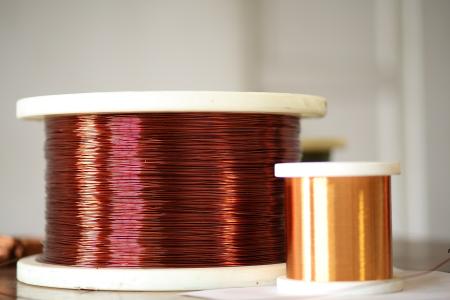 Longer cable runs can result in voltage drops, which can affect the efficiency and safety of your electrical system. When planning your cable installation, try to minimize the length of cable runs and ensure that the wire gauge is appropriate for the distance it needs to cover. This will help reduce voltage drops and ensure that your electrical devices receive the necessary power for optimal performance. When shopping for cables for your 220V applications, it is also important to consider the construction and material of the cable itself. Cables come in a variety of types, including solid core and stranded core cables, each with its own set of advantages and disadvantages. Solid core cables are known for their durability and are ideal for permanent installations, while stranded core cables are more flexible and better suited for applications that require frequent bending or movement. Additionally, the material of the cable can impact its performance and longevity. Copper is a popular choice for cable conductors due to its high conductivity and resistance to corrosion. However, aluminum cables are also commonly used in certain applications where weight and cost are significant factors. When selecting a cable, make sure to choose one that is made from high-quality materials to ensure reliable performance and longevity. In conclusion, the right cable for your 220V applications is not just a simple electrical component – it is the backbone of your electrical system, responsible for delivering power safely and efficiently to all your devices and appliances. By considering factors such as voltage rating, current-carrying capacity, insulation, environmental conditions, cable length, construction, and material, you can make an informed decision that will ensure the reliability and safety of your electrical infrastructure. Remember, investing in high-quality cables and following best practices for installation and maintenance can go a long way in protecting your property and ensuring the smooth operation of your electrical system. So, the next time you need a cable for your 220V applications, choose wisely, prioritize safety and performance, and rest assured knowing that you have made a sound investment in the integrity of your electrical setup.
Longer cable runs can result in voltage drops, which can affect the efficiency and safety of your electrical system. When planning your cable installation, try to minimize the length of cable runs and ensure that the wire gauge is appropriate for the distance it needs to cover. This will help reduce voltage drops and ensure that your electrical devices receive the necessary power for optimal performance. When shopping for cables for your 220V applications, it is also important to consider the construction and material of the cable itself. Cables come in a variety of types, including solid core and stranded core cables, each with its own set of advantages and disadvantages. Solid core cables are known for their durability and are ideal for permanent installations, while stranded core cables are more flexible and better suited for applications that require frequent bending or movement. Additionally, the material of the cable can impact its performance and longevity. Copper is a popular choice for cable conductors due to its high conductivity and resistance to corrosion. However, aluminum cables are also commonly used in certain applications where weight and cost are significant factors. When selecting a cable, make sure to choose one that is made from high-quality materials to ensure reliable performance and longevity. In conclusion, the right cable for your 220V applications is not just a simple electrical component – it is the backbone of your electrical system, responsible for delivering power safely and efficiently to all your devices and appliances. By considering factors such as voltage rating, current-carrying capacity, insulation, environmental conditions, cable length, construction, and material, you can make an informed decision that will ensure the reliability and safety of your electrical infrastructure. Remember, investing in high-quality cables and following best practices for installation and maintenance can go a long way in protecting your property and ensuring the smooth operation of your electrical system. So, the next time you need a cable for your 220V applications, choose wisely, prioritize safety and performance, and rest assured knowing that you have made a sound investment in the integrity of your electrical setup.

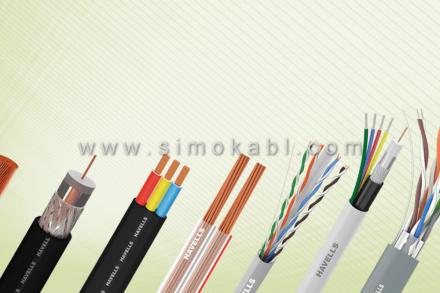
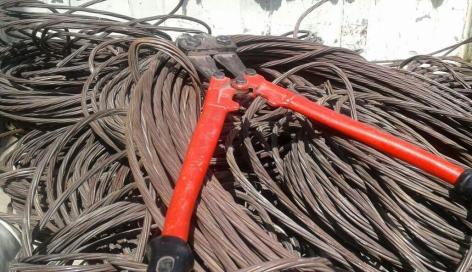
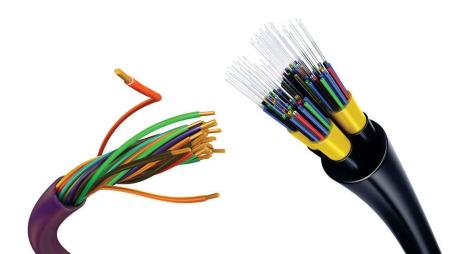
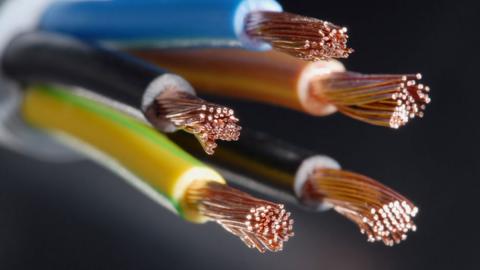
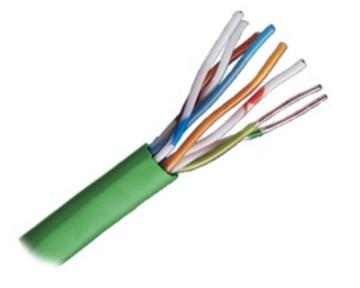
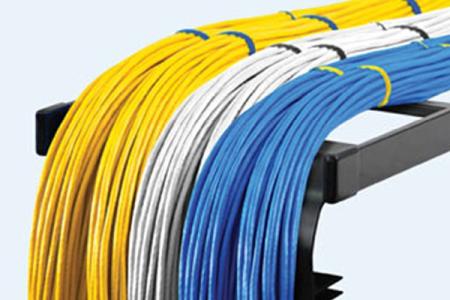
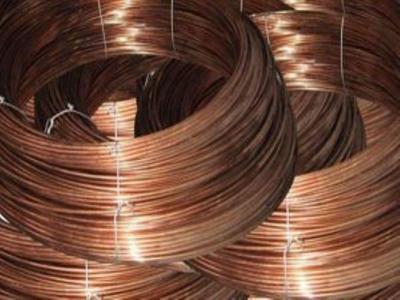
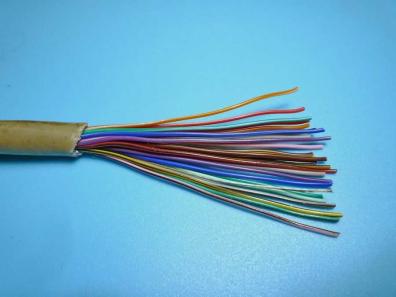
Your comment submitted.